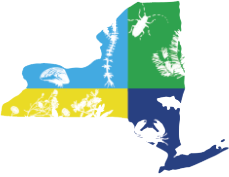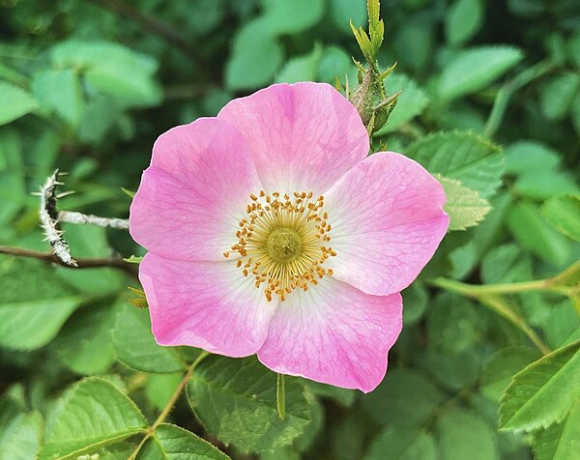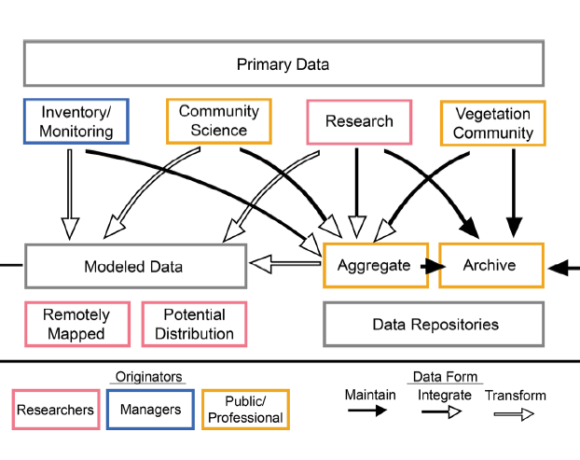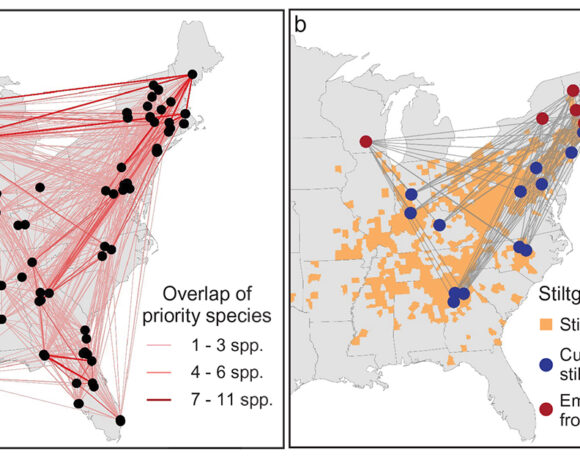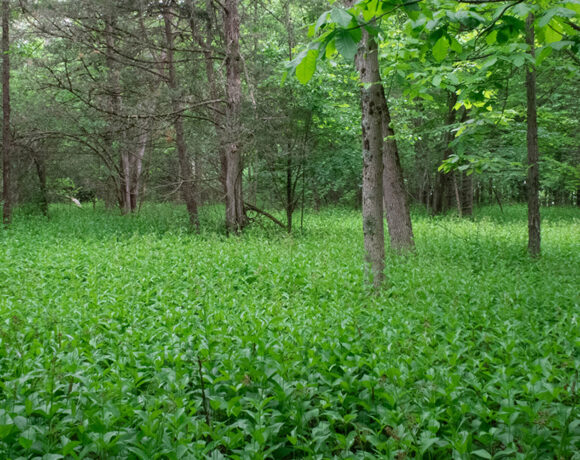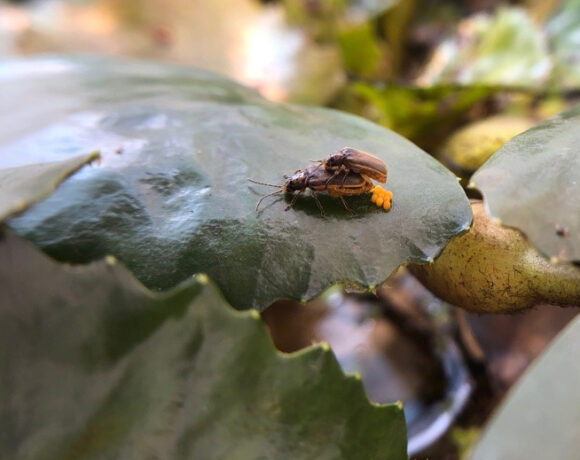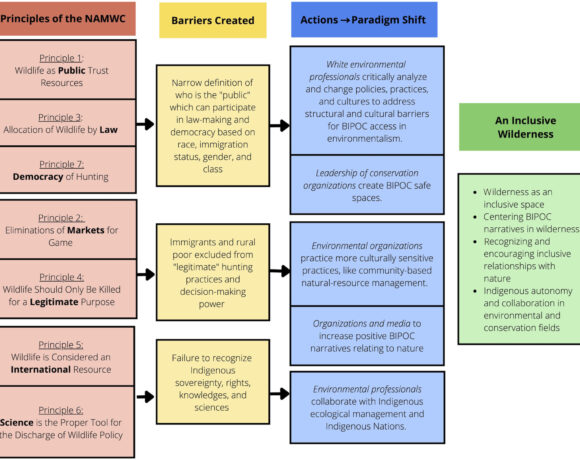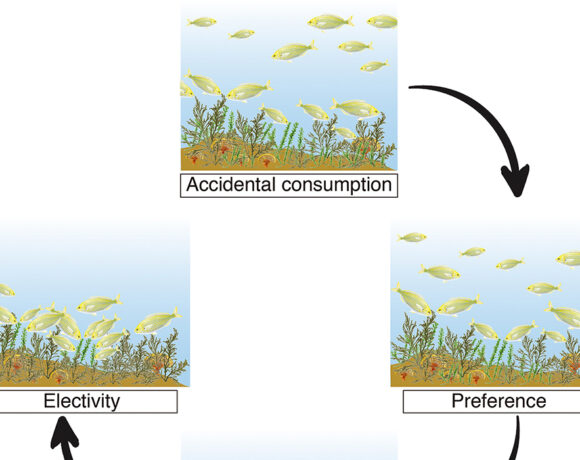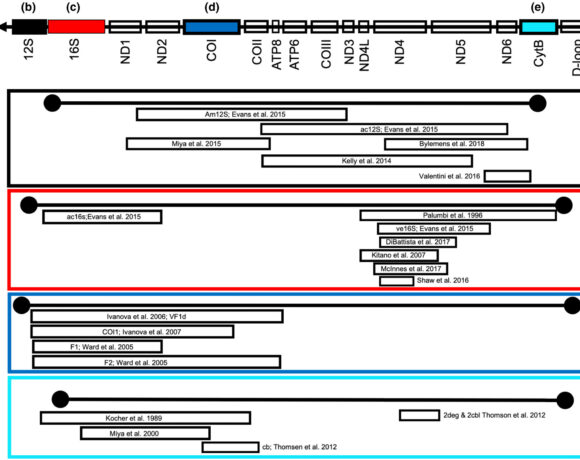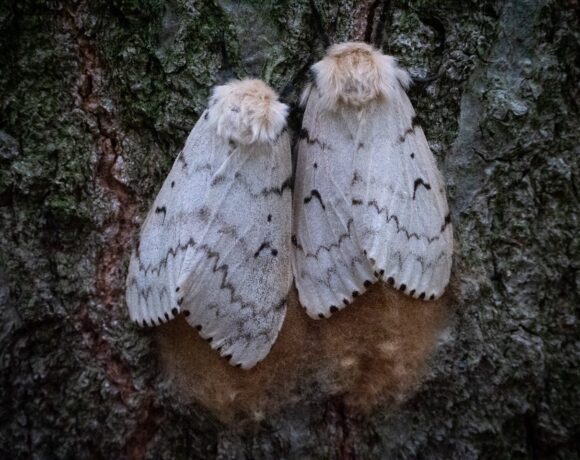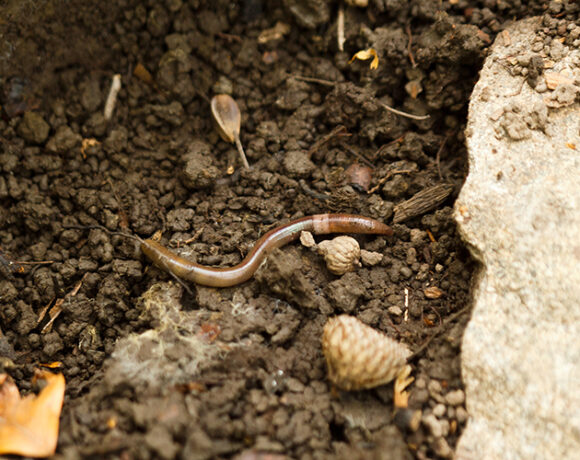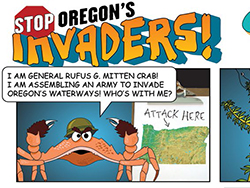Building more inclusive conservation science and practice
Summary written by Justin Dalaba, edited by Carrie Brown-Lima
In recognition of black history month, we are sharing an important paper that reflects on how we can construct a more equal, inclusive, and socially just conservation field.
Summary
The field of conservation has an often-unacknowledged history of racism, oppression, and exclusion. While many individuals and organizations are taking meaningful steps toward empowering Black, Indigenous and people of color (BIPOC) communities, there is still much work ahead to overcome racism in conservation science and practice. In this paper, a diverse team representing varying levels of academia, different ethnicities, and fields of specialization, articulates ways in which systemic racism shows up and is perpetuated within mainstream conservation science and practice as well as practical strategies for creating a more inclusive and equitable system. For example, the popular system of designated protected areas is based on a colonial practice designed to maximize production on and extraction from the land, and was instituted at the expense of local people. The authors also discuss obstacles to career success and high-level representation for BIPOC communities, which perpetuate historical inequalities in both research and practice realms. Escaping racist ideologies will require conservation scientists and practitioners to change both individual and collective behaviors, and recommendations are laid out within the paper (Boxes 1:3). Below, we outline a few of the recommended actions from Box 2 to construct more inclusive conservation institutions and organizations. Increasing diversity and perspectives can improve management outcomes, build community capacity, and drive innovation for conservation strategies.
Key recommendations:
- Develop qualifying assessments for individuals to demonstrate cultural literacy in relation to field sites (e.g. plan for local collaboration and expected socio-economic impact in project proposals)
- Ensure fair dissemination of funds and grants to BIPOC academics, conservation practitioners, and organizations
- Develop new models to ensure BIPOC voices are heard and recognize diverse values and cultures (e.g. enable more diverse participation through balancing in-person and online networking opportunities)
- Avoid ‘parachute science’ by including local partners from question formulation and applied practice through publication and beyond in a meaningful way
- Create opportunities for community-based conservation and management and promote conservation solutions that align with community cultures and values
- Collaborate with colleagues in history, political ecology, geography, and other cognate disciplines to include broader perspective within conservation curricula and research design/implementation
- Question how conservation success is measured (e.g. consider outcomes for local people rather than focusing solely on outcomes for nature)

